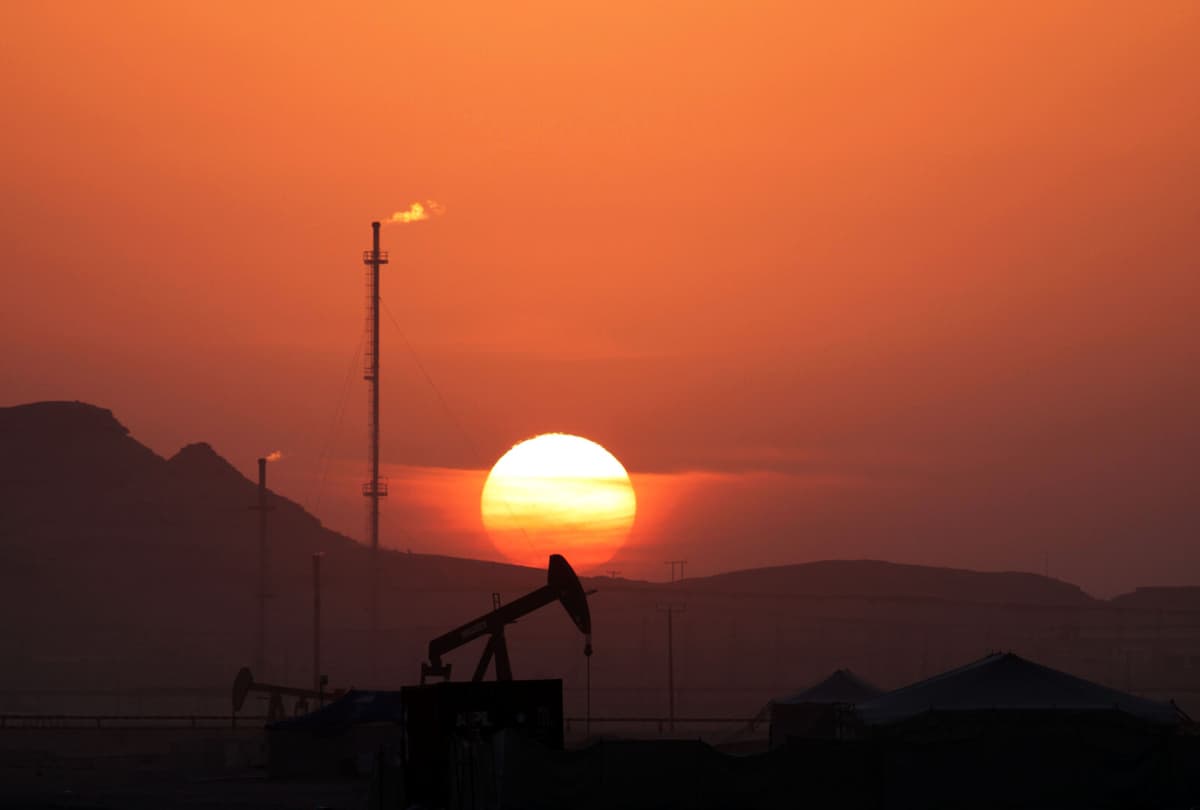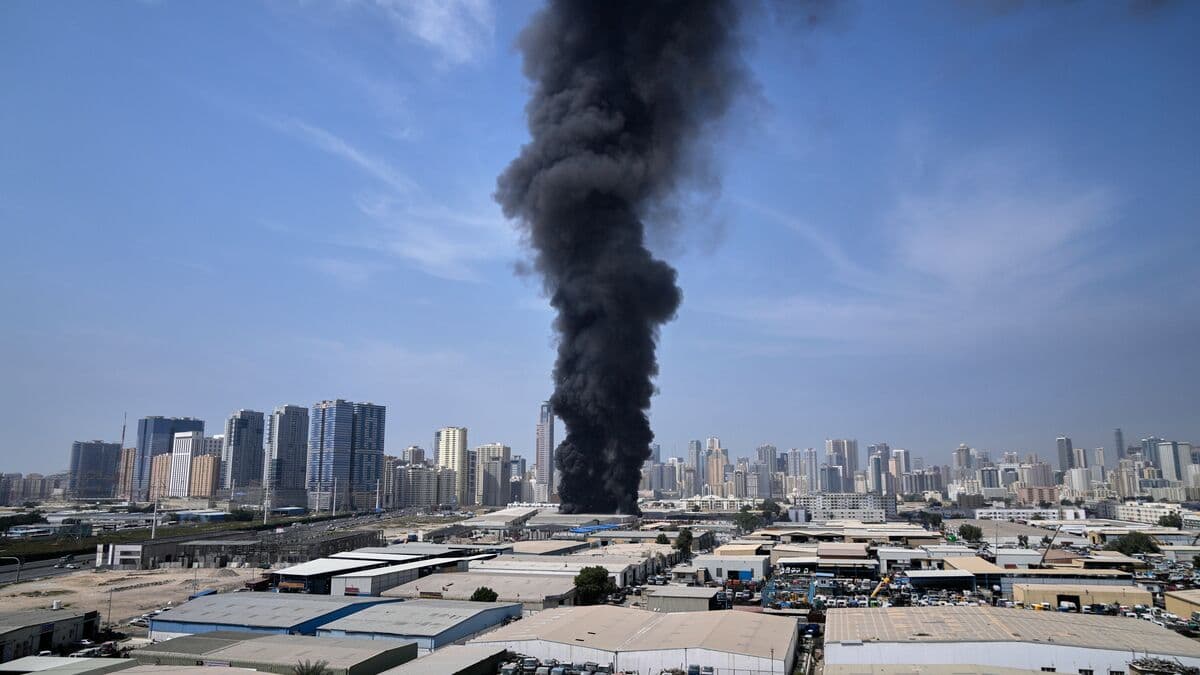At eight o'clock on Monday morning, the terms on the world's stock exchanges are mostly pointing downwards, while the Asian stock exchanges are trading mixed in the morning. Wall Street also seems to be starting the week with declines.
One can expect a slight decline in the stock exchanges, but still surprisingly little, I would say, says Maria Landeborn, senior strategist at Danske Bank, and adds:
The escalation of the conflict means that the risk has increased that the oil price may be significantly affected.
Oil price is affected
If the oil price were to rise sharply, it would affect companies and consumers in the form of higher energy costs. In the long run, it would also affect inflation.
On Monday morning, the impact on the oil price is still limited and a barrel of Brent oil costs just over 78 dollars. Maria Landeborn, however, notes that Iran's potential countermeasures after the weekend's attacks could have a significant impact going forward.
If one were to close the Strait of Hormuz, where a large part of both natural gas and the world's oil is produced every day, then it could have major consequences.
She says at the same time that so far, the market reactions do not indicate that the market is particularly worried that it will happen.
Had one expected the impact to be severe from this, then there would have been greater movement on the stock exchanges.
Stay in the boat
Maria Landeborn says that it is rare for geopolitical events to have long-term consequences for stock market development.
If one then looks at how it affects the market after a month or half a year, then the consequences are usually very small.
As a small saver, she thinks one should be cautious not to act too quickly.
The chance is good that in a month or a few months, this will not have any effect on your savings anyway. It's more temporary effects, and then one should not do anything rash when it comes to long-term savings.






